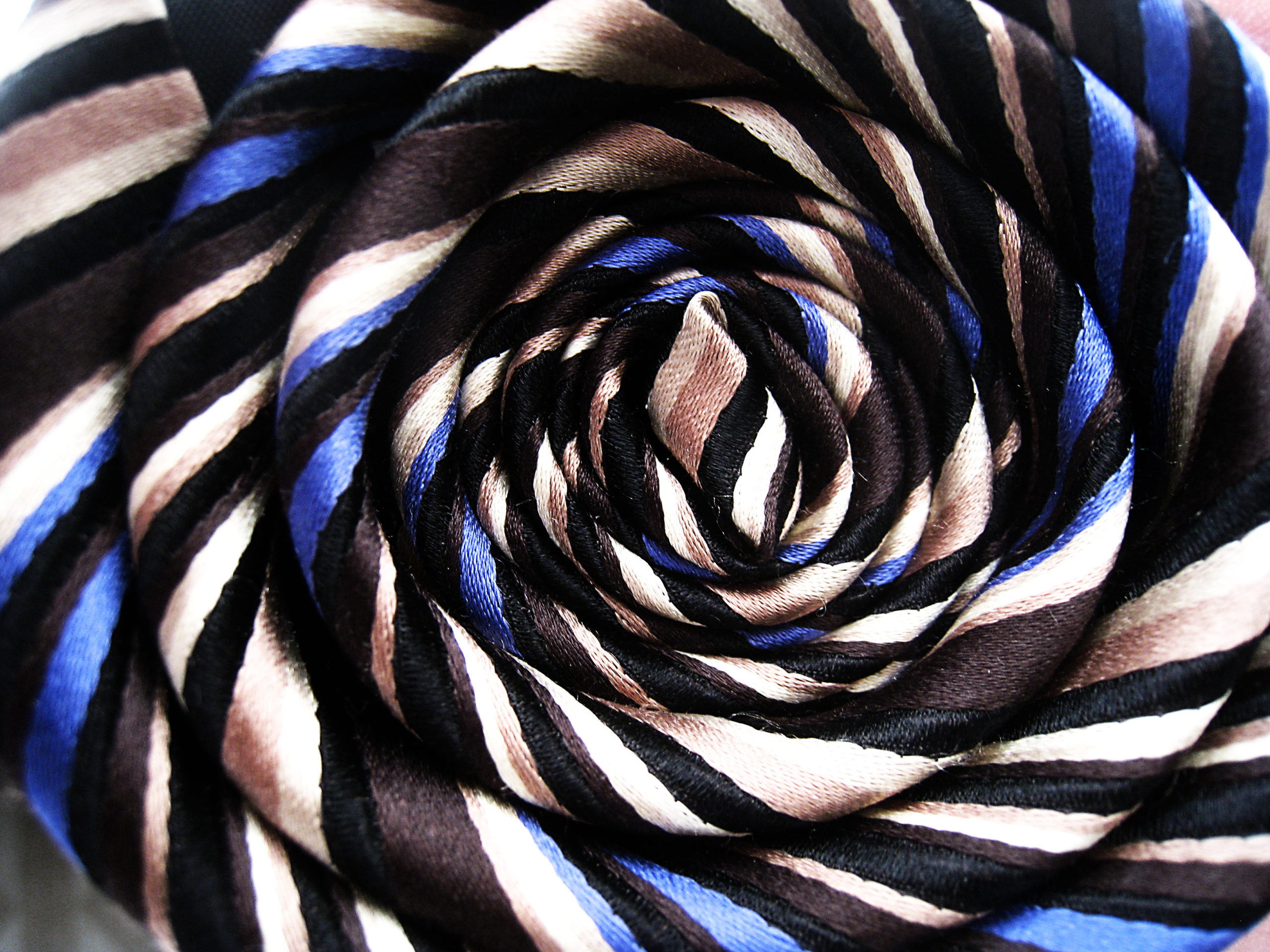Do you feel the need to “break out of the box?” Are you seeking more creative inspiration at work? Take Richard Branson’s advice and lose the tie. This blog post, originally published by Richard Branson on LinkedIn, appeared in my inbox recently and I wanted to share it with you here. Enjoy, and feel free to let me know what you think in the comments below.
It’s very rare that you’ll see me wearing a tie. The exception may be at Wimbledon (where a strict dress code applies), or in support of a good cause (where it will often be auctioned off afterwards). You’ll only ever catch me in a suit at a wedding or at dinner with the Queen.
You’ll never find me in suit or a tie while working. Why? Because, suits and ties have given business people a bad reputation for decades. They are a redundant legacy left over from big, monopolistic companies where creativity takes a back seat to tradition.
Unfortunately, the suit and tie has defined the business world for too many years – leaving many young people with the false perception of what it means to be an entrepreneur. The state of my industry is overdressed!
The entrepreneurial experience should be a liberating journey, free from the constraints of expectations. As we enter the age of the startup, it’s great to see that business is changing, and with it, people’s perceptions. Over the past few years we have experienced a new age of entrepreneurs – people who have left the suit behind in aid of feeling more comfortable.
There’s a reason very few creative people wear suits and ties. Audacious ideas rarely spring from boardrooms and office cubicles. They come from getting out and about and experiencing life in its most inspiring settings. Creativity doesn’t wear a uniform, nor should creators. Business people should lose the suit and tie, and dress comfortably. There is no reason for CEOs or managers to dress differently from the rest of their teams either.
Mark Zuckerberg, Richard Reed and the late Steve Jobs have all founded successful, well-respected businesses, while donning a round neck. Their companies have also been places of innovation, creativity and, most of all, happiness within the work force.
In our head offices in London and New York we encourage people to dress however they please. On any given day you’ll see people in T-shirts and trainers – some people even wear shorts and flip flops in the summer time. Walking into the building you can instantly feel the relaxed atmosphere, and the creativity which abounds.
Suits aren’t totally to blame for lacklustre working environments, but there’s freedom that comes from breaking down barriers, and giving people a sense of self-expression and enjoyment while working. We spend majority of our lives at work, so why not enjoy it?
Not only do suits stifle creativity, they can also be bad for the environment. Tokyo’s businessmen are touted be amongst the world’s ‘smartest’ dressed – wearing sleek tailored suits day-to-day. However summer temperatures in the city can reach 30 degrees Celsius, making those who wear suits very uncomfortable. To combat the heat, office buildings have been known pump the air-conditioning – but this is changing.
Since the Fukushima nuclear disaster in 2011, Japanese nuclear power plants have been switched off, and the country has experienced an electricity shortage. In a bid to cut electricity usage, the Japanese government have asked that companies set their air-conditioning to 28 degrees Celsius, and have urged Tokyo’s legions of business people to adopt a ‘cool-biz’ style of dress – i.e. lose the heavy dark suit jacket, strip of the uncomfortable tie, undo the top button, and roll up the sleeves – or go a step further and adopt a ‘super cool-biz’ style of dress – i.e. lose the business shirt all together in favour of a polo or a Hawaiian shirt. I’m looking forward to seeing what amazing innovations come out of Japan as a result of this change.
The overdressed business world needs to be addressed, and undressed. It’s time to say bye to the tie… the T-shirt and jeans revolution is here.
—
photo credit: a formal rose via photopin (license)



